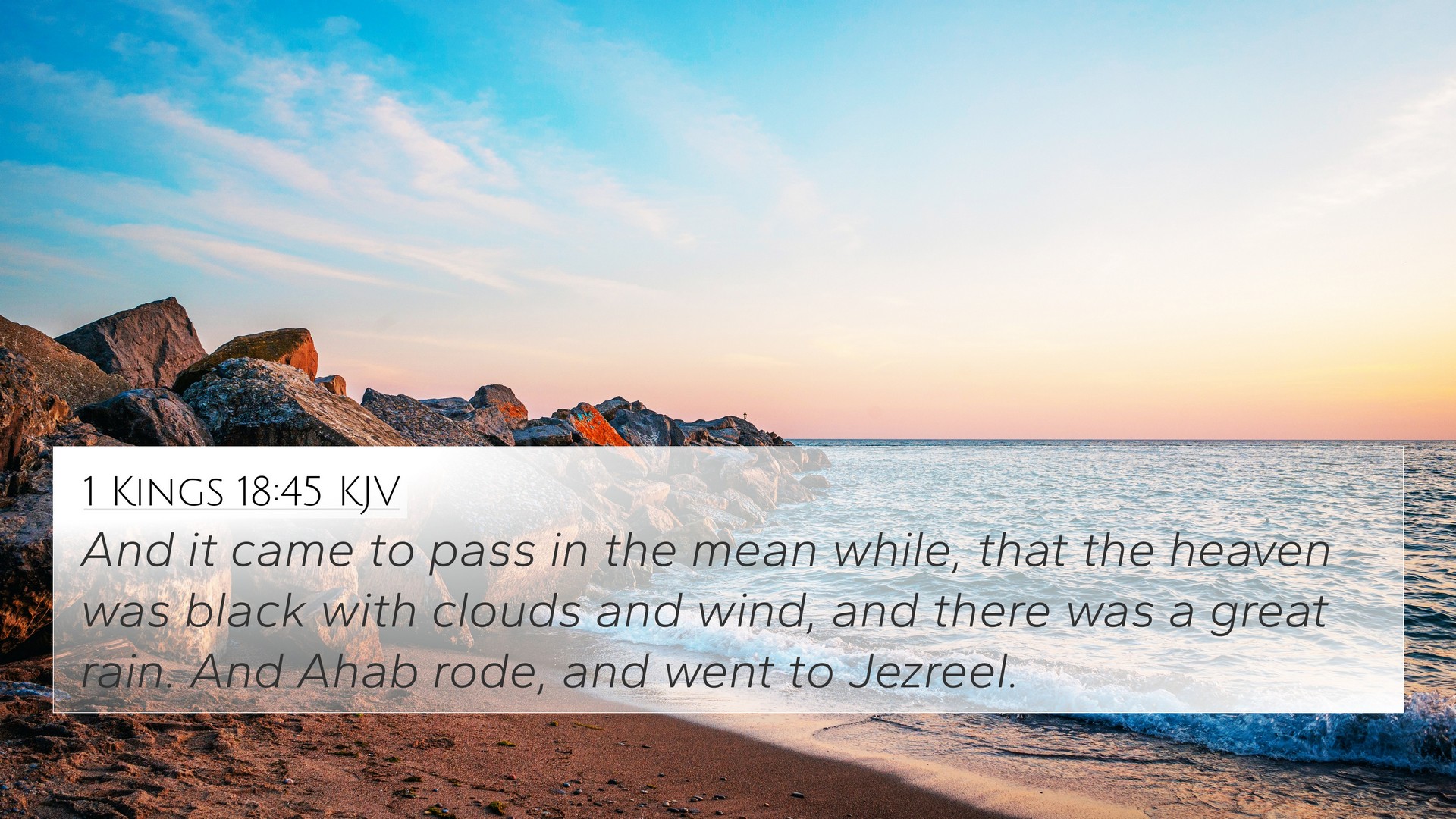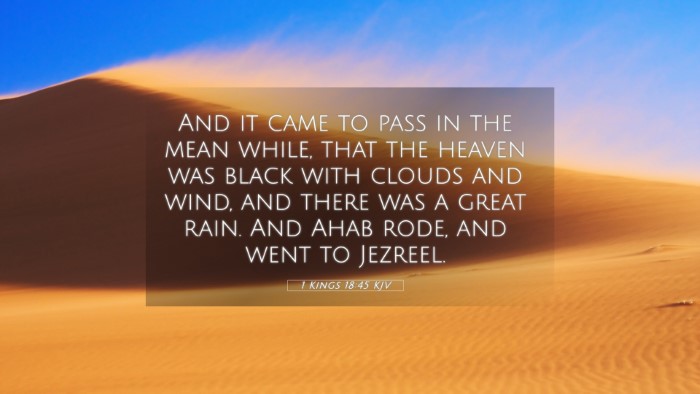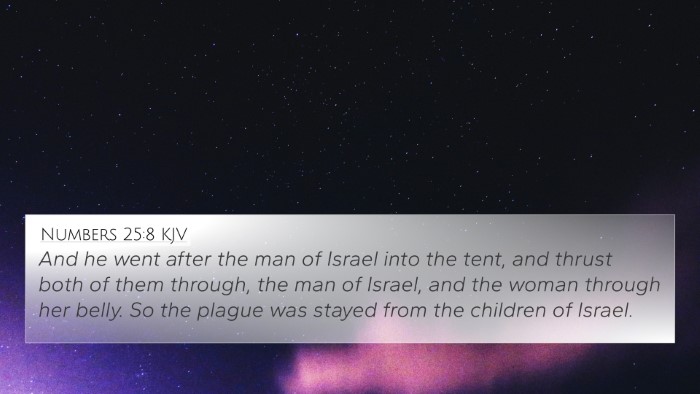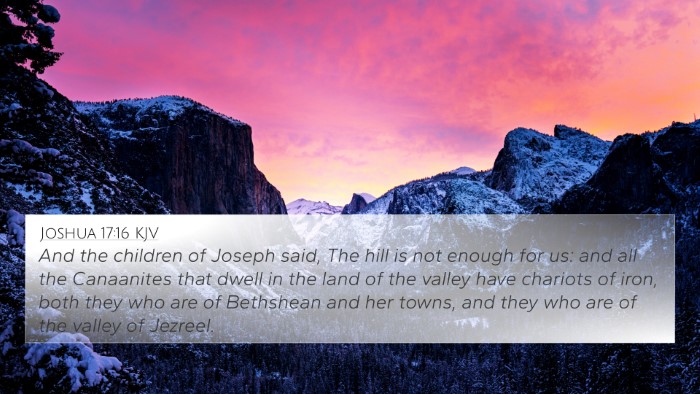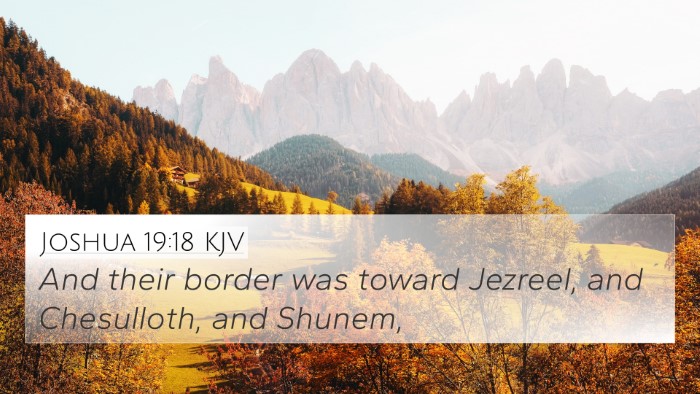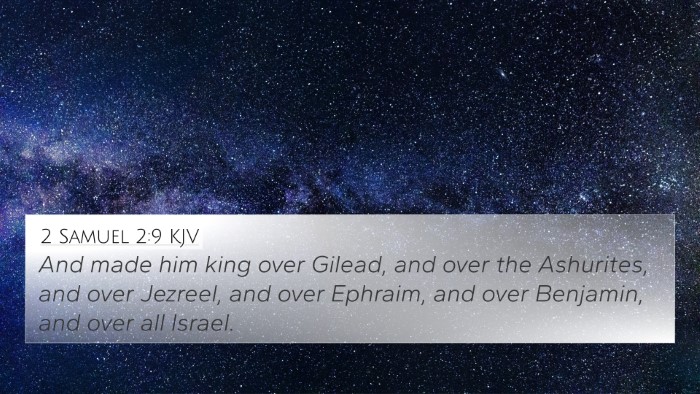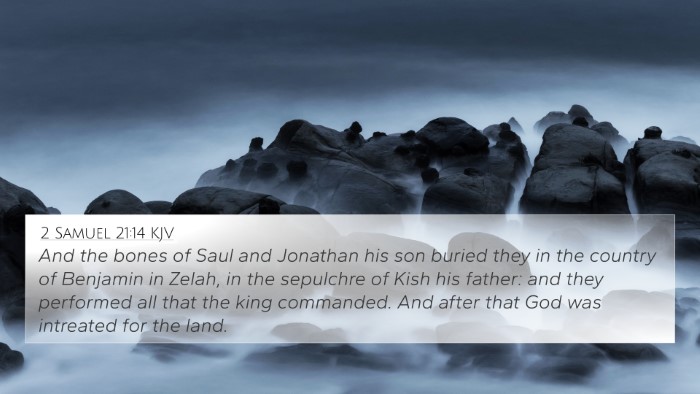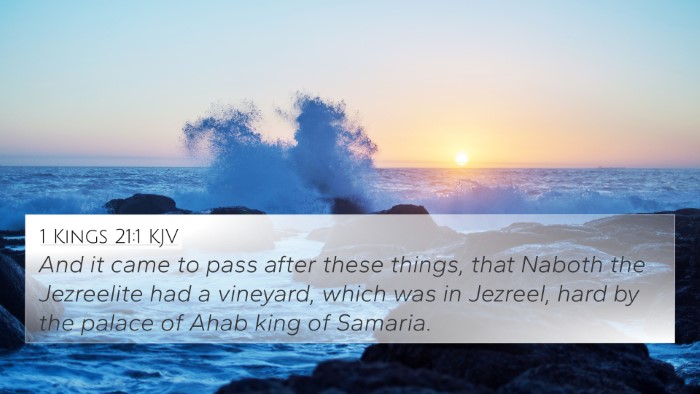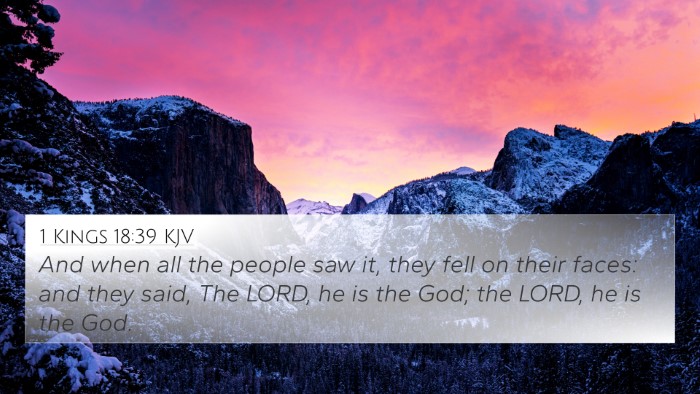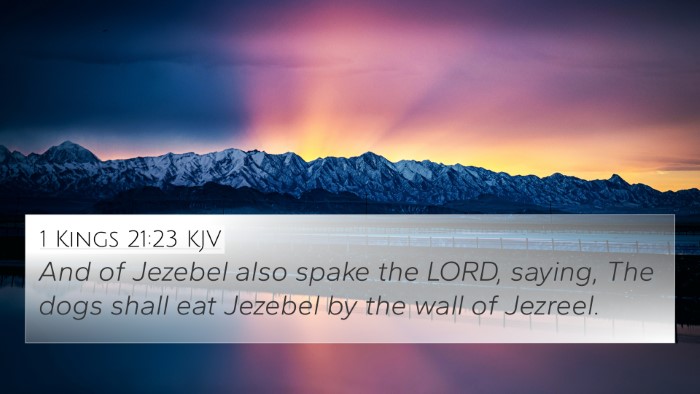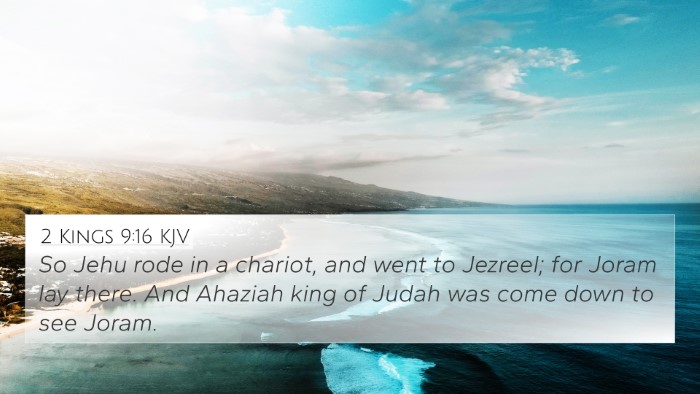Understanding 1 Kings 18:45
Bible Verse: 1 Kings 18:45 - "And it came to pass in the meantime, that the heaven was black with clouds and wind, and there was a great rain. And Ahab rode, and went to Jezreel."
Overview
This verse marks a critical moment in the narrative of Elijah's confrontation with the prophets of Baal and illustrates God's power over nature and his covenant people. The significance of this moment illustrates God's responsiveness to Elijah's prayer, symbolizing hope and divine promise through the coming rain after a prolonged drought.
Verse Significance
- Divine Intervention: The rain signifies God's favor and is emblematic of the restoration of Israel's covenant relationship with Him.
- Elijah's Role: Elijah, as a prophet, is a mediator whose prayer brings about this divine response, showcasing the power of intercessory prayer.
- Judgment and Mercy: The dark clouds not only represent impending rain but also denote God's judgment upon the land for idolatry and his mercy in providing sustenance.
Commentary Insights
Matthew Henry: Henry emphasizes that the rain serves as a symbol of spiritual blessings, demonstrating God’s readiness to provide for his people when they turn back to Him. He connects this event with divine providence, showing that the heavenly host responds to the prayers of a faithful servant.
Albert Barnes: Barnes notes the importance of the timing of the rain and associates it with God's promise. The striking imagery of dark clouds serves as a reminder of God's control over creation and his commitment to his covenant promises, which spoke of restoration and life.
Adam Clarke: Clarke analyzes the cultural context, suggesting that the rain ends a long period of drought, which had been a divine judgment. In this, Clarke draws a parallel to the blessings that follow repentance and emphasizes Elijah’s faith in turning the people's hearts back to God.
Cross-References
1 Kings 18:45 has various connections to other biblical texts that deepen our understanding:
- James 5:17-18: Discusses Elijah's prayer for rain, reinforcing the power of prayer and God's answer to it.
- 1 Kings 17:1: Introduces the drought as a divine judgment, linking back to the restoration of rain.
- 2 Chronicles 7:13-14: Discusses God withholding rain as a sign of judgment but promising restoration upon repentance.
- Deuteronomy 28:23-24: Mentioning that heaven could become like iron, indicating that rainlessness is a curse for disobedience.
- Isaiah 5:6: Portrays God’s disappointment with unfruitfulness, contrasting with the fertile response to obedience.
- Hosea 6:1-3: Calls Israel to repentance, expecting that the Lord will come and rain righteousness upon them.
- Matthew 5:45: Reveals God's benevolence in allowing rain to fall on both the just and unjust, illustrating God's impartial love.
Connections Between Bible Verses
The themes present in 1 Kings 18:45 echo throughout both the Old and New Testaments, illustrating how prayer, obedience, and divine response interweave in the biblical narrative.
Linking Bible Scriptures
This verse highlights the links between concepts found in the Gospels, such as the Sermon on the Mount and God's provision, as seen in:
- Luke 11:13: Jesus encourages prayer by stating that the Father gives good gifts to those who ask.
- Matthew 7:7: Encourages seeking and asking, which resonates with Elijah’s earnest petition for rain.
Comparative Bible Verse Analysis
The drought represents spiritual barrenness, and its ending reveals God’s mercy. In contrast, the parables told by Jesus often revolve around the readiness of God to answer those who seek Him earnestly.
Thematic Bible Verse Connections
1 Kings 18:45 can be connected to various themes such as:
- Faith and Prayer: Demonstrated effectively in both Elijah's actions and the messages of Jesus.
- Divine Judgment: Seen throughout both Kings and prophetic literature.
- Repentance and Restoration: A recurring theme that speaks to the character of God as loving and just.
Conclusion
In summary, 1 Kings 18:45 encapsulates profound spiritual truths concerning God's character, the power of prayer, and divine restoration. By exploring its connections with other scripture, believers gain insight into the overarching narrative of salvation history, emphasizing continual reliance on God's promises.
This verse not only serves as a pivotal moment in Elijah's story but also opens a dialogue across scripture about the relationship between divinity and humanity, the importance of prayer, and the certainty of God’s provision in response to faithful intercession.
